Kashmir votes in historic assembly elections after years of conflict
- Update Time : Friday, October 4, 2024
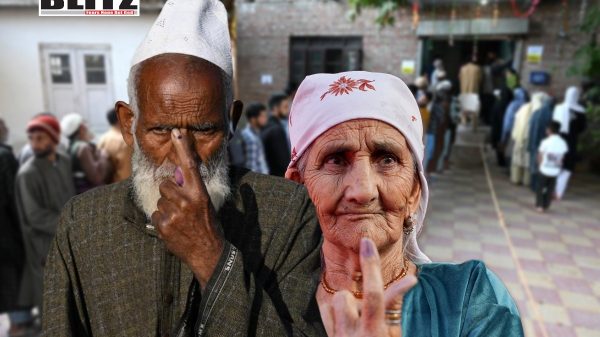
In a historic moment for the region, the final round of polling in Jammu and Kashmir’s first legislative assembly election in nearly a decade concluded on October 1, 2024. The vote, which took place across 40 constituencies in seven districts, marks the first election since the Indian government’s controversial decision to revoke the region’s special status in 2019 by abrogating Article 370 of the Indian Constitution.
This election, which will elect members to the 90-seat legislative assembly of Jammu and Kashmir (J&K), has been viewed as a critical step toward restoring democratic governance in a region that has long been at the center of a geopolitical dispute between India and Pakistan. The poll represents a vital moment for the residents of Jammu and Kashmir, a Muslim-majority region that has experienced decades of conflict, militancy, and political instability.
The election was conducted in three phases to ensure the security and effective management of the vote, given the volatile situation in the region. The first two rounds of polling took place on September 18 and September 25, recording voter turnouts of 61 percent and 57 percent, respectively. The final phase saw approximately 3.9 million voters eligible to cast their ballots, bringing the total number of registered voters to around 9 million.
In this last phase, 415 candidates contested for seats in the legislative assembly, representing a diverse range of political interests and constituencies across J&K. The elections, which took place amid tight security, were largely peaceful, although the region has witnessed a surge in militant activity in recent months, raising concerns about the election’s safety.
This election is seen as crucial for Jammu and Kashmir, not only because it marks the first local poll since 2014, but also because it is the first election held after the revocation of the region’s special constitutional status. The abrogation of Article 370, led by Prime Minister Narendra Modi’s government in 2019, stripped Jammu and Kashmir of the autonomy it had enjoyed since India’s independence. This move bifurcated the former state into two union territories: Jammu & Kashmir and Ladakh, placing them under direct federal administration.
For many voters, this election represents an opportunity to restore local governance and address critical issues such as unemployment, development, and regional security. A local resident, speaking to the media, expressed hope that the election would lead to “a government that will enhance employment initiatives,” while others emphasized the need for local leadership in the region.
The central government’s decision to revoke Article 370 remains highly contentious, particularly among the region’s Muslim population, which viewed the constitutional provision as a safeguard for their identity and autonomy. Many in the region see the restoration of the legislative assembly as a necessary step toward reclaiming a degree of self-governance and democratic representation.
The 2019 abrogation of Article 370 also had profound implications for India’s relationship with Pakistan. The region of Jammu and Kashmir has been the focal point of tension between the two countries since their independence from British rule in 1947. Both nations claim the region in its entirety and have fought multiple wars over the territory. The 2019 decision prompted Pakistan to immediately downgrade diplomatic ties with India, expel the Indian High Commissioner, and halt bilateral trade. Islamabad has since continued to voice its strong opposition to the move on international platforms.
In 2023, the Indian Supreme Court upheld the constitutional change, a ruling that was swiftly rejected by Pakistan. Islamabad reiterated its stance that Jammu and Kashmir should be internationally recognized as a disputed territory, and it continues to call for the issue to be resolved through dialogue under United Nations resolutions.
The ongoing elections in Jammu and Kashmir have been closely monitored by both New Delhi and Islamabad, as the results could influence the geopolitical dynamics between the two nuclear-armed neighbors. With tensions already high, New Delhi issued warnings to Islamabad over alleged attempts to incite unrest in the region, particularly through increased militant activity. Indian officials have accused Pakistan of supporting terrorist groups that seek to destabilize the region, claims that Pakistan has consistently denied.
The current elections took place under intense security, with New Delhi deploying tens of thousands of additional security forces to ensure the safety of voters and candidates. The increased military presence comes in response to a recent surge in terrorist activity in the region, with several high-profile attacks in the months leading up to the election. Despite these threats, the polling was largely peaceful, a fact that Indian officials have pointed to as a sign of the region’s improving security situation.
However, the heavy security measures have also drawn criticism, particularly from local residents and political activists who argue that the overwhelming military presence creates an atmosphere of intimidation rather than fostering a healthy democratic process. Critics have also questioned whether the election can genuinely represent the will of the people when many prominent political figures in the region remain in detention or under house arrest.
In a move seen as an effort to demonstrate the legitimacy of the electoral process, New Delhi invited diplomats from 15 countries to observe the elections in Jammu and Kashmir. This is the first time international observers have been allowed to witness polling in the region, a decision that reflects the Modi government’s attempt to counter criticism of its handling of Kashmir, particularly from Western nations and human rights organizations.
While the presence of foreign observers is a positive step toward transparency, it remains to be seen how the international community will react to the outcome of the election and the broader political situation in Jammu and Kashmir.
As the final votes are counted and the results set to be announced on October 8, the people of Jammu and Kashmir stand at a crossroads. This election represents an opportunity for the region to regain some level of self-governance and to address the critical issues facing its population. However, the broader geopolitical context, particularly the ongoing dispute with Pakistan and the region’s fragile security situation, continues to cast a shadow over the prospects for lasting peace and stability.
For many in Jammu and Kashmir, the hope is that this election will be a step toward normalcy, but the path forward remains uncertain, and the stakes for the region-and the broader subcontinent-are as high as ever.


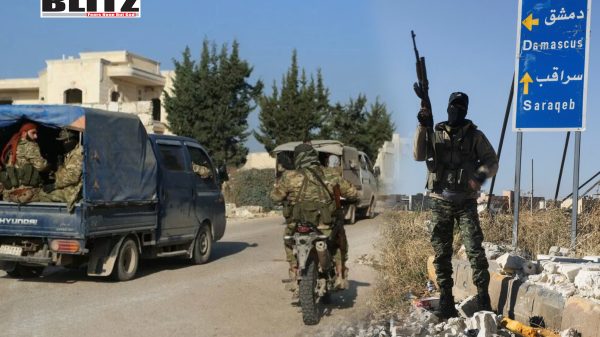
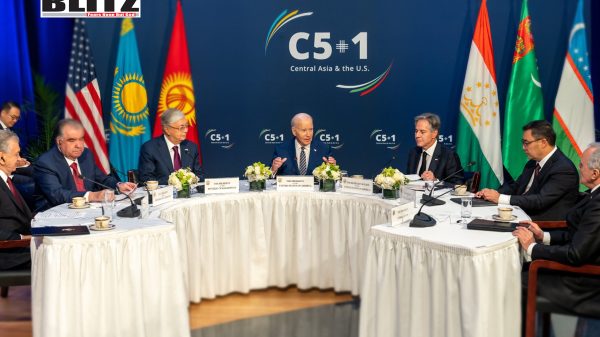

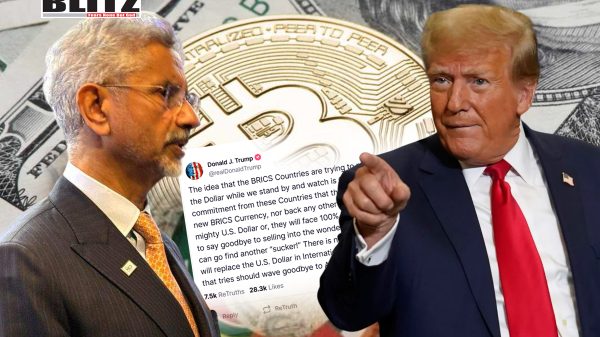
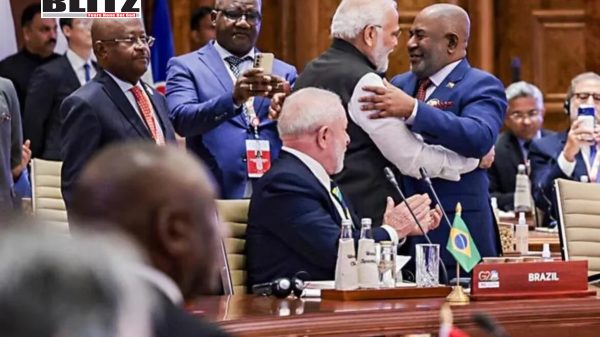



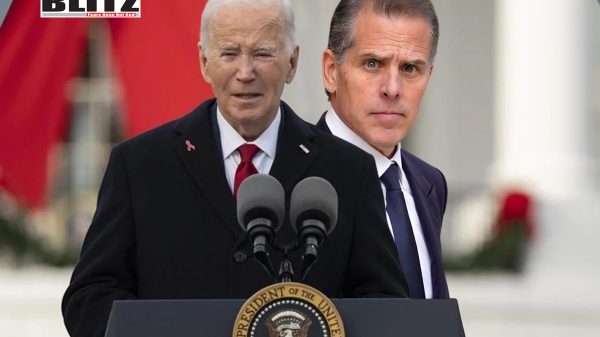
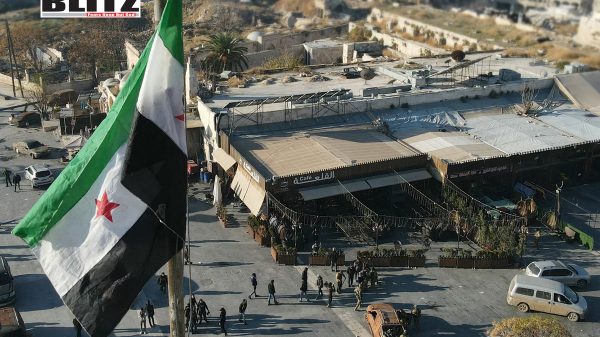
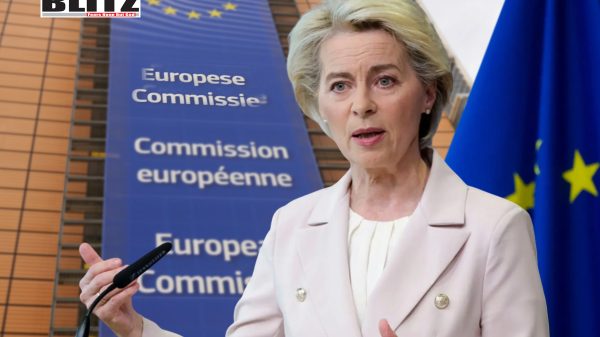
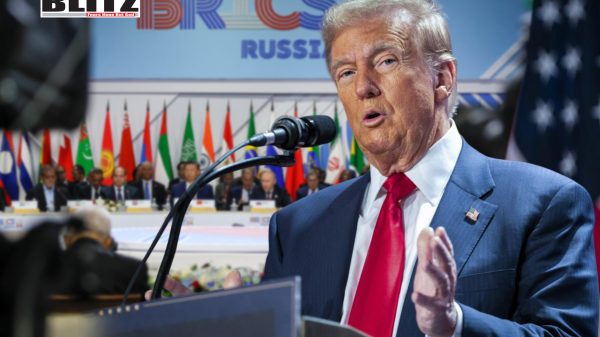


Leave a Reply